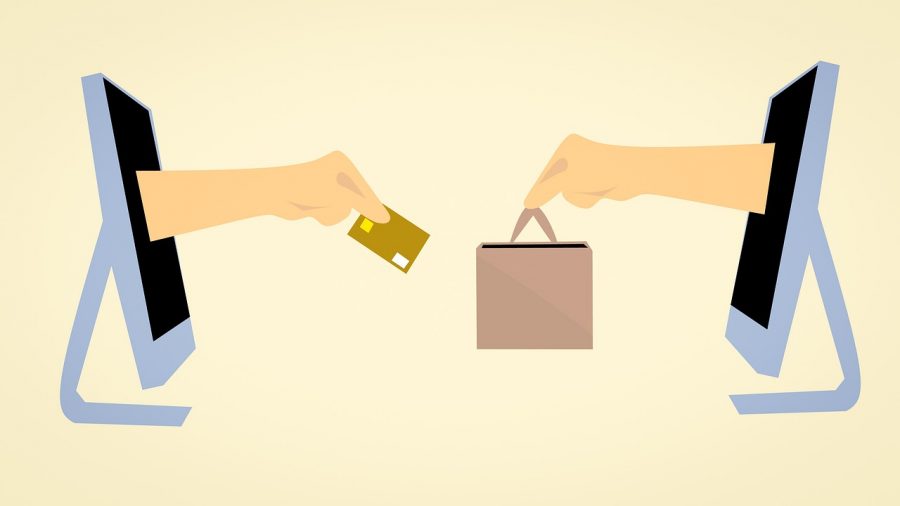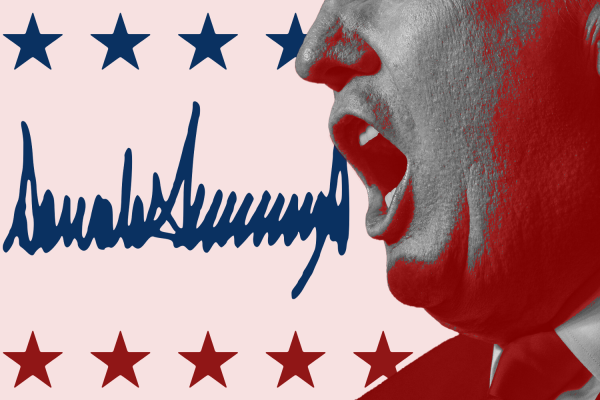Good News, Internet Providers
FCC votes to kill net neutrality
The Federal Communications Commission voted 3-2 Dec. 14 to repeal net neutrality, or the principle that all internet content must be treated the same. However, based on the 60 percent of Americans supporting the policy, the majority believes that net neutrality protects equal access to the internet, fair competition between online behemoths and small websites, and hinders internet manipulation. For these reasons, it is now our duty to make sure that lawsuits are filed against deregulation.
Net neutrality has encompassed the idea of an “open internet.” An emblem of free access to a an endless amount of information, the internet disseminated information without severe interference due to net neutrality. With the FCC’s repeal, however, it’s possible that people are discouraged from viewing certain websites based on subjective reasons.
Since its beginnings, the internet has been praised for being available to the general population. Net neutrality upheld that principle: it allowed consumers to pay less to internet companies for broad, diverse content. Now, considering that net neutrality may be dismantled, we may have to pay more for certain websites or for “faster” streaming.
Many students initially expressed frustration due to possibly having to pay more money to access social media websites and watch online videos. The repeal of net neutrality, however, has starker undertones than an additional fee for scrolling through Instagram. The majority of school work involves accessing educational websites and even submitting the assignment through internet portals. Higher internet service costs and the creation of “faster lanes” could mean that some students must complete their online school work through deliberately slower networks or not be able to do the assignment at all.
Stripping the internet of net neutrality policies basically signifies that it’s okay for telecom companies to manipulate what their consumers read, watch, and hear. From pop-ups to directing your search to a partner website, businesses may toy with your choices and perception of information. Additionally, technology companies may slow down or even block your access to websites of disagreeable content. Such manipulation rings ominously with George Orwell’s 1984 dystopia, in which people are only provided with a single perspective of their world.
Technology, whether we like it or not, plays an ever increasing role in our lives. It would be neglectful to dismiss the repeal of net neutrality as something small and trivial. The community, students especially, needs to be aware and concerned regarding issues as large as net neutrality. Although the FCC voted to repeal internet neutrality, Congress’ decision is the ultimate definitive. If we let our concerns be heard, perhaps Congress will hinder, or even rescind, net neutrality’s repeal. It’s time to take action.
Your donation will support the student journalists of McNeil High School. Your contribution will allow us to purchase equipment and cover our annual website hosting costs.











